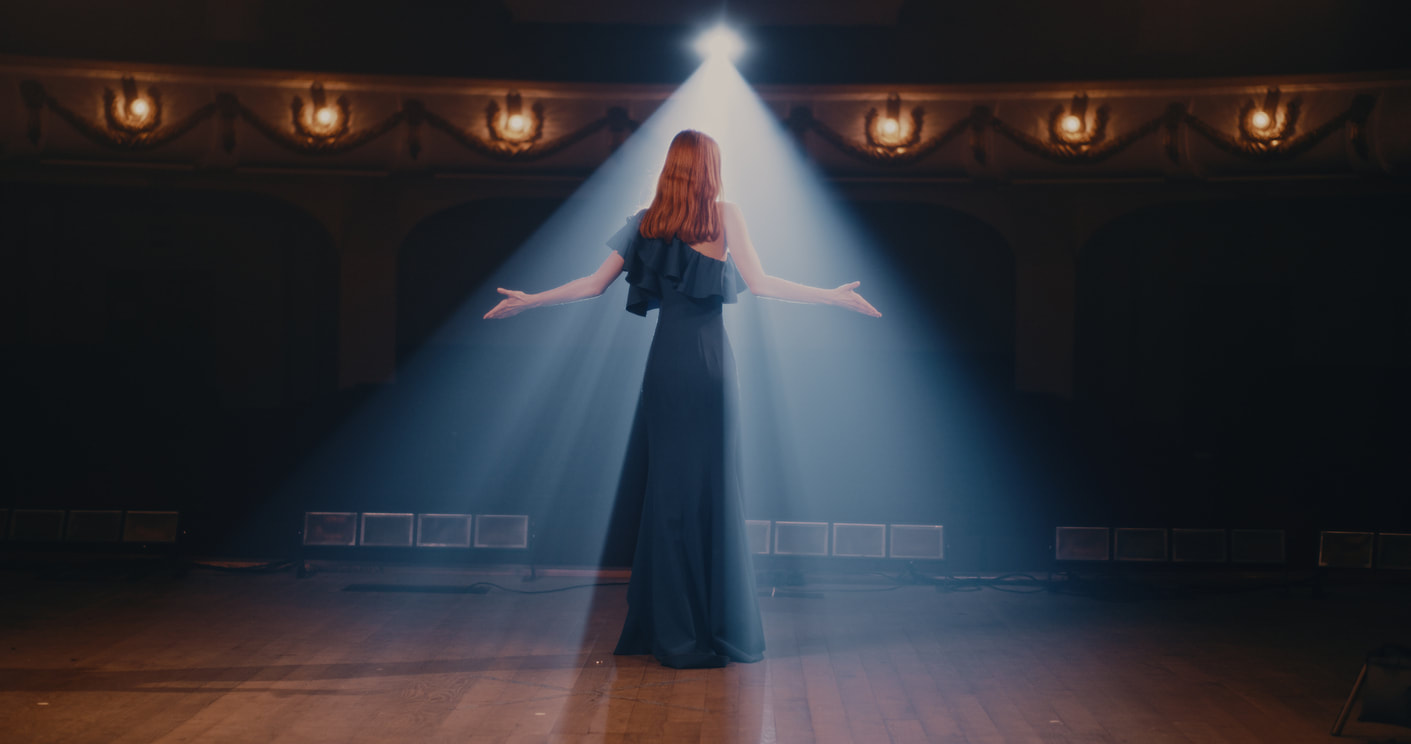|
Type casting in acting is where an actor becomes strongly identified with a specific character Type or role that audiences only want to see them playing, meaning it becomes difficult for that actor to find work doing anything else.
In this guide, we'll dive deep on the process of typecasting, including examples of actors who have become typecast, how they broke out of it, AND how you can use typecasting to your advantage to book more acting work. Type Casting in ActingSo how do actors get typecast? When actors are "typecast," it means they're getting cast in the same kinds of roles over and over again because the industry and/or audience only wants to see them playing those kinds of characters. Some examples of well-known actors who have been typecast include:
Being typecast can be lucrative if an actor enjoys the roles they're playing, but it can also feel stifling because it's difficult for the actor to grow and try new things. Related Article: Character Acting: The Ultimate Guide It's very common for new actors to worry about being typecast because they don't want to be locked into only playing a particular character type. However, this worry is often misguided because of the following two facts:
|
|
Martin Bentsen (author of this guide) is an actor marketing coach who uses “outside the industry” thinking to help actors book more work. He’s helped over 6,000 actors with their careers and actor headshots since 2009 and his photography studio City Headshots is ranked #1 on Yelp. He’s spoken at NYU, The New England Theater Conference, The Actor’s Green Room, and other venues. Want to book more acting work by thinking different? Start with his free Actor’s Toolkit to create new opportunities right away, or visit his website at www.martinbentsen.com. |
Some Additional Q&A
Do All Actors Have a Type?
Yes! Everyone is perceived in a particular way by those around them. Just by existing, you are automatically "typed" in people's eyes.
What's the Difference Between "Casting Against Type" and "Playing Against Type?"
There are plenty other reasons why an actor might want to break out of their Type(s), but only two ways to actually do so:
- 'Casting' Against Type is done from the casting director's side. Some casting directors prefer to "cast against Type," meaning they want to put an actor you wouldn't expect into a particular role. This usually happens for lead and supporting roles (or Recurring/Series Regular roles on TV) more than it does for smaller Guest and Co Star roles. It can be a more effective way for an audience to build empathy for a character ("the underdog leading man that we really want to root for" or "the creepy-looking neighbor who turns out to be the nicest person in the world")
- 'Playing' Against Type, which is done from the actor's side. Some actors want to escape their typecasting by playing roles that are the exact opposite of the kinds of roles they're known for. This is known as "playing against Type," and is very difficult for well-known actors to do in major productions, but fairly easy for them to do in independent films since their name can help them get cast in almost any role for a lower-level production.
What are Some Typecasting Examples in Acting?
One of the biggest myths is that there are a finite, specific number of Types out there. Many actors search Google trying to find an acting character types list, only to come up empty-handed.
The reason you'll be hard-pressed to find a wide range of actor Types examples is that there are virtually unlimited different types of characters you can be. You can be a "professional..." or you can go more specific and be a "finance expert" or "accountant..." or you can go a totally different direction and be a "therapist," which still falls under the "professional" category.
Some of the most common casting type examples include the following:
For each of the above, if you want to get an idea of what they look like, all you need to do is type the word into Google Image Search, and you'll see how people in general perceive that Type to look.
If you type "Powerful CEO" into Google, chances are you'll see lots of people wearing business suits, looking a bit older, and standing very tall and proud.
Some actor websites might use terms like "Queen Bee" or "Young Jock" to describe Types, and these are fine, but here's my opinion: If you can't search the word in google and find images that make sense, you shouldn't use that word to describe yourself because chances are, you'll actually never fully understand what it means.
I recommend using my 76-part actor Types list that's actually based in reality, since that's what audience members would understand.
The reason you'll be hard-pressed to find a wide range of actor Types examples is that there are virtually unlimited different types of characters you can be. You can be a "professional..." or you can go more specific and be a "finance expert" or "accountant..." or you can go a totally different direction and be a "therapist," which still falls under the "professional" category.
Some of the most common casting type examples include the following:
- Student
- Business Professional
- Nerd
- Warrior
- Troubled Youth
- Detective
- Athlete
- Best Friend
- Powerful CEO
- Popular Kid
For each of the above, if you want to get an idea of what they look like, all you need to do is type the word into Google Image Search, and you'll see how people in general perceive that Type to look.
If you type "Powerful CEO" into Google, chances are you'll see lots of people wearing business suits, looking a bit older, and standing very tall and proud.
Some actor websites might use terms like "Queen Bee" or "Young Jock" to describe Types, and these are fine, but here's my opinion: If you can't search the word in google and find images that make sense, you shouldn't use that word to describe yourself because chances are, you'll actually never fully understand what it means.
I recommend using my 76-part actor Types list that's actually based in reality, since that's what audience members would understand.
Further Reading:
If you enjoyed this article (Type Casting Acting... All You Need to Know), you might be interested in some of these:
Comments are closed.




